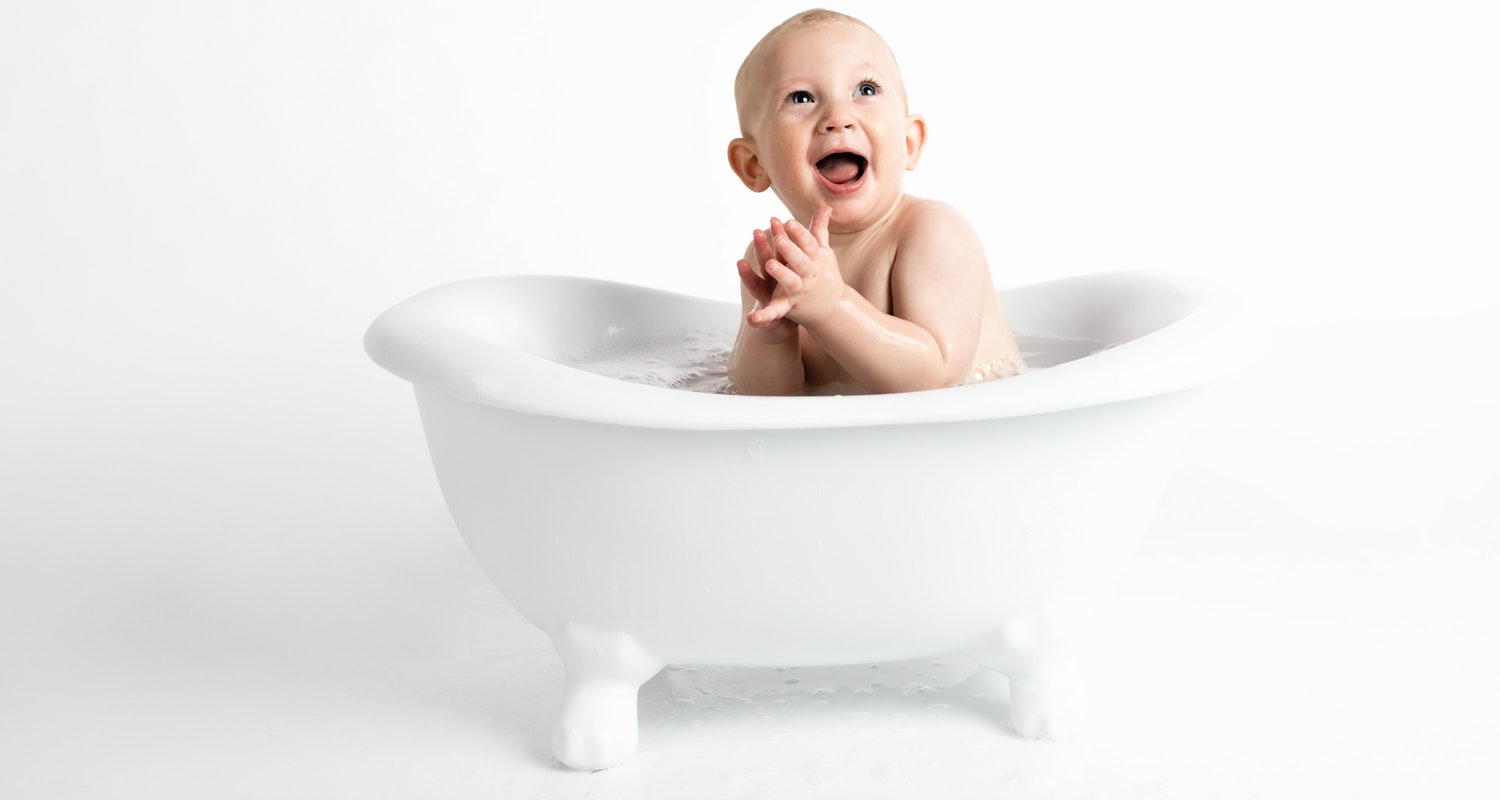For our children’s sake
Your kitchen gets a taste if everything from fruits to vegetables to meat. Whenever you wash food in your sink or even when you’re washing your plates, food particles come off and get left in your sink. These food particles can serve as a breeding ground for bacterias that can cause illnesses such as e.coli and salmonella.
Do you get paranoid when your child picks up food from the floor, only to put it in their mouths?
Even if it’s in your own home? Or, do you have to clean everything that’s around your child before he/she is allowed to sit in the restaurant?
With the emergence of handy sanitisers and sanitary wipes, many parents are joining the fray in protecting their children from germs.
And sometimes this means, being overly protective.
Developing a child’s immunity
In order for our children to build up their immunity, they need to be exposed to the environment.
Research studies have shown that if your child has been exposed to germs at an early age, they gain better protection against allergies and asthma later in life.
However, for children who are heavily guarded against viruses, bacteria and other germs in their early childhood, they are more likely to develop illnesses later on in life.
Is being clean bad?
Definitely not. However, being overly clean is.
We just have to find the right balance between being clean and being extremely clean.
Take this for an example; If your child is at home, you do not have to sterilise and clean everything in sight, especially things that are within your child’s grasp. You are at home after all.
Presumably, your home is already clean and not in a mess. On the other hand, if you are out in public areas such as restaurants, and you feel the need to sanitise the area for your child, go ahead.
But bear in mind, the more important aspect here is to have your child wash his/her hands before and after eating or after going to the toilet. The basic of cleanliness should be your very foundation.
Too much of something is bad
This is very true.
Have you come across parents who request for antibiotics to give their sick children in order for them to get well quicker? That’s another fine example of weakening a child’s immunity.
Antibiotics, like all medicine is useful in certain cases, but definitely not for all sickness.
when taking antibiotics, you will be killing bad bacteria but you will also be killing all the good bacteria that’s beneficial for your child’s growth.
This principle also applies to the over usage of sanitisers and cleaning agents too. With all the bad germs you’re killing, you might also be killing off the good ones that help to boost your child’s immunity.
It’s your call
As a parent, you definitely want the best outcome for your child. Therefore, it’s always good to have a balance. Providing a good amount of exposure to natural environmental factors versus keeping your child away from dirty objects (like a smartphone) is a must.
- But the most important lesson to teach your child remains; the basics of hygiene:
- Good hand-washing habits.
- Brushing teeth regularly.
- Takes baths at planned intervals.
- Don’t share cups or utensils if possible.
- Covering the mouth and nose during a cough.
A solid foundation of proper hygiene during early childhood goes a long way.
References: https://www.webmd.com/parenting/features/kids-and-dirt-germs
https://www.mentalhelp.net/articles/early-childhood-hygiene

